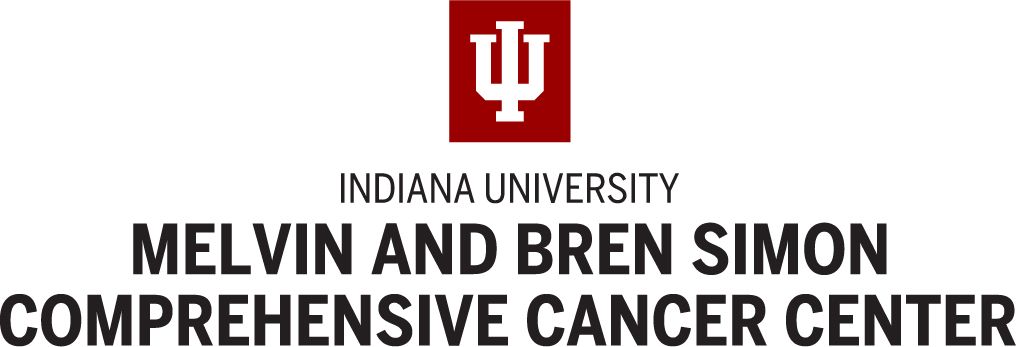- Advertise
- About OncLive
- Editorial Board
- MJH Life Sciences brands
- Contact Us
- Privacy
- Terms & Conditions
- Do Not Sell My Information
2 Clarke Drive
Suite 100
Cranbury, NJ 08512
© 2025 MJH Life Sciences™ and OncLive - Clinical Oncology News, Cancer Expert Insights. All rights reserved.
IU Cancer Researchers Refining Colorectal Cancer Classification, Identifying New Targets for Treatment Using Cutting-Edge, Single-Cell Technology
Press Release
Analyzing nearly 500,000 single cells, researchers at the Indiana University Melvin and Bren Simon Comprehensive Cancer Center are refining how to classify colorectal cancer and identify new targets to develop effective therapies.
Analyzing nearly 500,000 single cells, researchers at the Indiana University Melvin and Bren Simon Comprehensive Cancer Center are refining how to classify colorectal cancer and identify new targets to develop effective therapies.
Their work, led by Ashiq Masood, MD, associate professor of medicine at IU School of Medicine, was recently published in Genome Biology. Ateeq Khaliq, PhD, is the paper’s first author and a postdoctoral fellow in Masood’s lab.
Previously, the research community classified colorectal cancer into four subtypes called consensus molecular subtypes (CMS) – CMS1, CMS2, CMS3 and CMS4. Masood and colleagues found colorectal cancers don’t fit neatly into these discrete subtypes. Instead, these tumors and their ecosystems exist more in a continuum.
Masood and colleagues found common factors across all the CMS subtypes that are associated with poor outcomes for patients. If a patient has higher numbers of certain cell types – cancer-associated fibroblasts (CAFs) and/or tumor-associated macrophages (TAMs) – these patients will not do well. Masood sees these findings as an opportunity to develop better treatment for patients.
“Single-cell analysis is providing a much higher resolution, which was not possible before,” Masood said. “We found that the colorectal cancers are much more complex than these subtypes.”
Single-cell analysis allows researchers like Masood to use technology to investigate cell variation and the different cell types within a cell population, such as a tumor.
In addition to being a gastrointestinal oncologist, Masood has training in bioinformatics and computational biology and does genomic research as a cancer center member.
Researchers analyzed 49,589 single cells from 16 racially diverse colorectal cancer patients, plus seven adjacent normal colon tissue samples. Those cells were then profiled along with data from multiple external cohorts, totaling 487,829 single cells. This data set is among the largest colorectal cancer single-cell atlases to date, Masood said.
“This single-cell analysis is showing that cancer-associated fibroblasts and TAMs predict the poor outcomes; thus, they offer therapeutic targets,” Masood said. “This is the next set of work that we will be doing at IU.”
Researchers are now working on testing if inhibiting those cell types – particularly CAFs that are known to cause resistance to immunotherapy – can provide a path for new colorectal cancer treatments.
“Most colorectal cancer patients still receive chemotherapy, with modest benefit,” Masood said. “There is an unmet need to develop better therapies, so our hope is we can improve clinical outcomes by developing new drug therapies.”
Additional authors from IU School of Medicine are Ateeq Khaliq, PhD, Yong Zang, PhD, and Yingjie Qiu; and IU Simon Comprehensive Cancer Center members Yunlong Liu, PhD, Melissa L. Fishel, PhD, and Anita Turk, MD.


